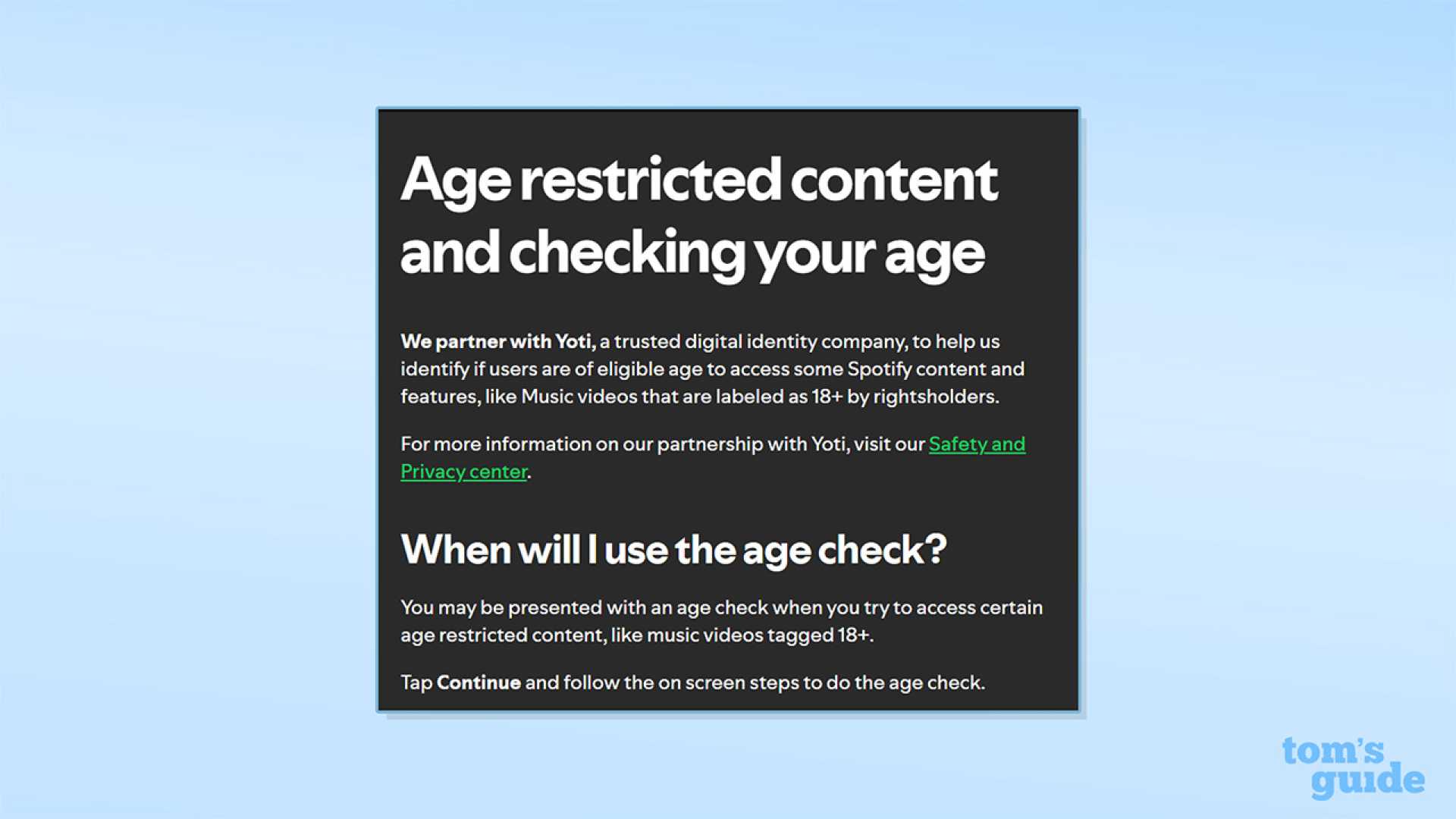Politics
UK’s Online Safety Act Sparks Controversy Among Critics and Supporters Alike

London, England – The UK’s Online Safety Act came into force last week, causing a stir among critics and supporters. Notable figures like Nigel Farage have expressed strong opposition, calling it a threat to freedom, while others, including progressive advocates, are raising concerns about its implications.
The act requires online platforms to assess and mitigate risks associated with harmful content. It aims to reduce the spread of illegal material, such as child sexual abuse content, while urging platforms accessed by minors to control exposure to pornographic and harmful content.
Peter Kyle, the UK technology secretary, has faced backlash for his comments linking Farage’s viewpoint to controversial historical figures. This has intensified the political debate, with Donald Trump’s allies branding the legislation with a disparaging nickname. Despite this contention, Kyle argued that regulating harmful online content is vital for public safety.
Progressives have also voiced unease. Novara Media published an interview highlighting potential pitfalls of the Online Safety Act. Politician Joe mentioned that the legislation, instead of promoting safety, might lead to unnecessary censorship.
Polling data shows that Labour voters support age verification for adult content websites at a higher rate than Conservative or Liberal Democrat voters. This indicates a shift in attitudes toward online safety regulations, although how these measures will be implemented remains a key concern.
As a contributor to Ofcom’s guidance on compliance with the act, the challenges ahead are evident. Platforms are required to take a principles-based approach rather than conform to a strict technological mandate, thus raising concerns about inconsistent enforcement.
Skepticism around the act’s effectiveness continues. Critics point out existing issues where tech companies have moved to censor content based on their own policies rather than responding to risks. Instances like the dramatic changes Meta made in content moderation policies post-Trump’s election highlight the potential for overreach.
Supporters of the act argue that it represents a necessary shift toward accountability in the tech industry. The focus is on preventing harmful content from being published rather than merely reacting to it, fostering an environment where companies must prioritize safety over profits.
While there are ongoing debates about the laws and their implications—including privacy concerns regarding the use of VPNs for bypassing age checks—the consensus is that tech companies must adapt to better safeguard users. Critics also stress that there remains an urgent necessity to confront the business models that perpetuate harmful online behavior.
Ultimately, this law marks a significant development in the UK’s approach to online safety, offering mechanisms for regulatory oversight and user protection. The challenges that lie ahead demand careful navigation to ensure a balance between freedom of expression and public safety.












